
While there is no shortage of games out there featuring elements heavily inspired by FromSoftware’s Souls series of games. Most of these games, however, tend to feel quite derivative of FromSoftware’s work, with many simply offering up an interesting setting, or maybe a couple of unique gameplay elements. Every now and then, however, we get to see a smaller studio willing to take a stab at the same general idea, albeit with some clever new mechanics thrown in along the way. In this vein, we get Trialforge Studios’ opus, Deathbound.
Deathbound is primarily held together by its unique gimmick: the fact that you’re playing multiple characters at the same time. The studio itself even goes as far as referring to Deathbound as a party-based Soulslike. While you’re controlling a single character at any given time, you also have the ability to switch between your “equipped” characters. Up to four can be equipped in this way, and each comes with their own unique movesets, weapons, equipment, and special abilities.
This mechanic is also tied deeply into the lore of Deathbound; all of the characters you find tend to have died for some reason or another that may or may not be related to the ongoing war that underlines the entire setting of the game. As you find new characters, you get to experience an abridged history of this person, letting you understand who they were, and what they may have done to end up dead. There is quite a bit of variety in the characters you find even in their stories, and your party members range from assassins to naive mages.
While you have all of these characters to play with, interestingly, Deathbound doesn’t really have you get into the nitty-gritty of having to manage each individual inventory or equipment. Rather, each character’s equipment is fixed, and you only really get to equip artifacts and a couple of rings.
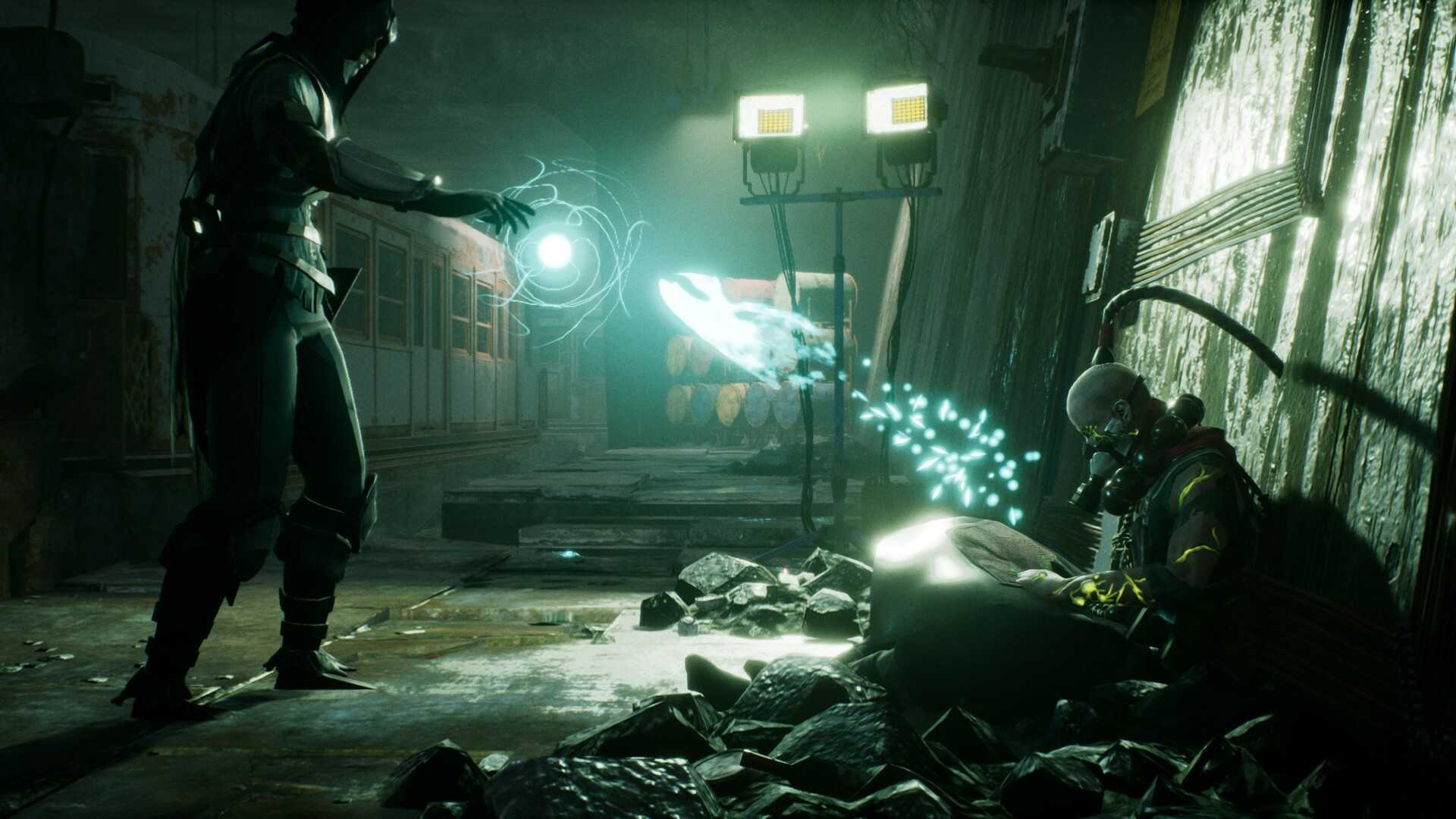
"The best thing about Deathbound, however, might just be its core combat."
The equipment can be upgraded and depending on which buff you want to level up, you’ll have to spend different types of resources that you can find all around the world by exploring, or by beating specific enemies.
Speaking of progression systems, there are two main ways of getting stronger in Deathbound: the traditional way where you spend your experience to unlock different passive abilities that might boost your damage, defenses, or health, and a talent system which you can use to further specialize the different members of your party. While the traditional leveling system feels rather boring and uninspired, offering up dull bonuses like 3 percent extra damage or 5 more health, the talent system is much more interesting.
Throughout the game, you’ll find various points that can be interacted with by specific characters. Upon interaction, these points display a small scene, filling out more of that character’s backstory, and ultimately, rewards you with a talent point. These points can then be spent to unlock more specialized bonuses for your characters. For example, your poison mage can choose to make their overcharge abilities do more damage, or they could be instead upgraded to make use of buffs to a greater extent. This system ends up feeling more customizable and generally more interesting than just getting flat stat bonuses, and makes exploring the game’s labyrinthine zones really rewarding.
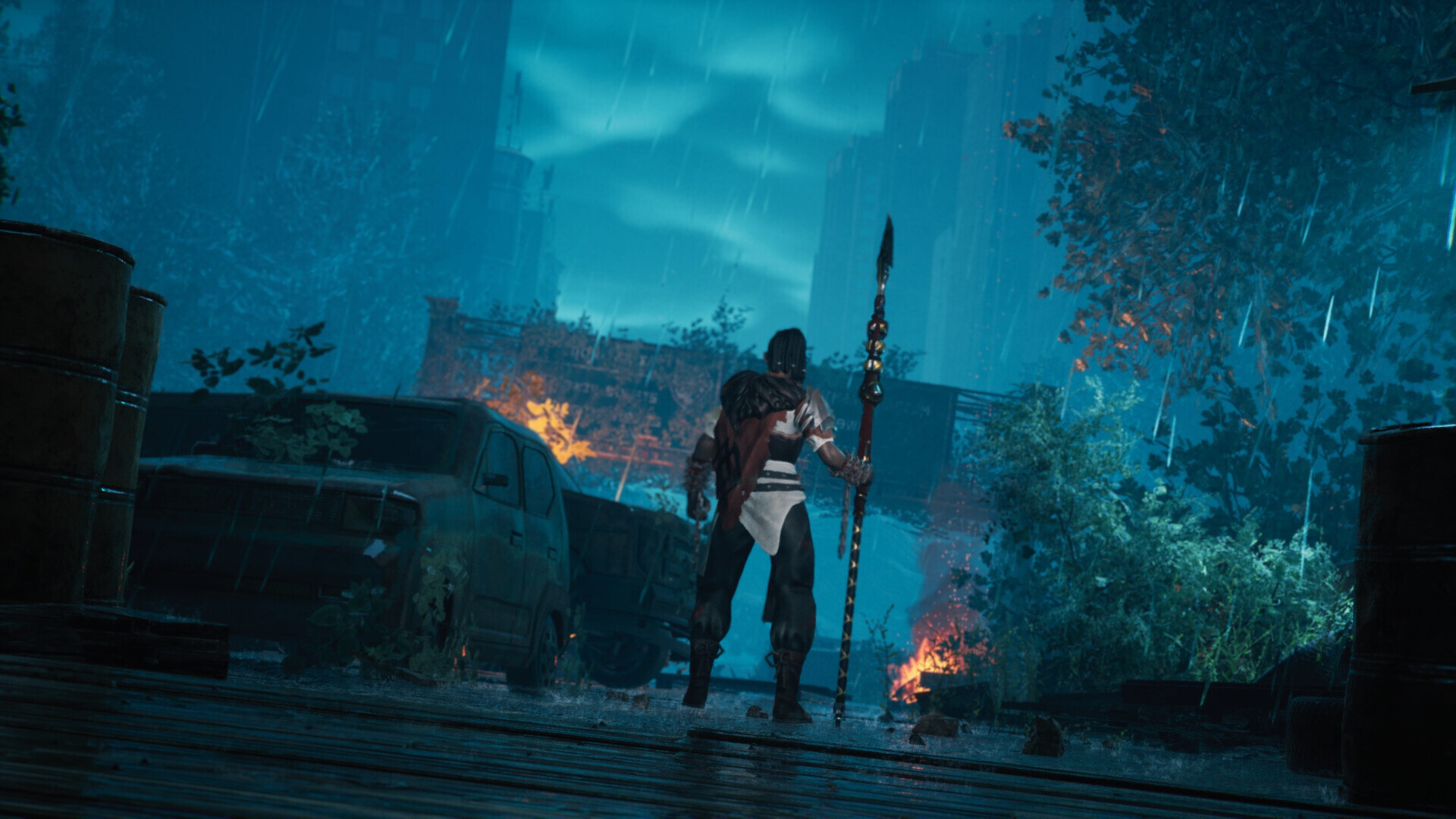
"There are two main ways of getting stronger in Deathbound"
The best thing about Deathbound, however, might just be its core combat. While it starts out like any other Souls-styled game out there: your right trigger and shoulder buttons focus on attacks, while your left trigger and shoulder buttons have you use your character’s shield, things quickly start getting more complex as soon as you unlock your second party member. This is where sync attacks come into play. You switch between your party members with the D-pad, and this can also be timed with attacks in order to get follow-up strikes that are considerably stronger than a standard combo. These sync attacks turn what is otherwise a slow and methodical hack-and-slash game into a fast-paced action game with complex combos that can be really fun to pull off.
The only real downside to the core combat system is its learning curve. Moving your thumb over from the left analogue stick to the D-pad in the middle of a combo isn’t exactly intuitive, after all, and things also get complicated once you realize that not all of your party members use the left triggers and bumpers for defensive abilities. For instance, the assassin’s left trigger and bumper revolve around the use of her one-handed crossbow. This simple fact has gotten me killed more times than I’d like to admit, all because I thought I was going to block an attack rather than shoot a huge enemy with a tiny crossbow bolt.
Getting over this learning curve can be quite rewarding, however, since the control scheme ultimately works well enough to let you pull off fun, long combos. This assumes, of course, that the enemy is open to attack. Trying these combos in the middle of an enemy’s attack won’t really do much more than potentially get you killed, since it’s not really necessary that big attacks will always stagger enemies.
"The only real downside to the core combat system is its learning curve."
Deathbound also plays around with its health and stamina system in a way that I consider equal parts interesting and frustrating. Health and stamina for each character is essentially the same, which ultimately means that, the more damage you take, the less stamina you have to attack, dodge or block. While an interesting penalty, this fact also often makes low-health party members liabilities, since they just don’t have enough stamina to try and survive a vicious onslaught. It certainly doesn’t help that even one party member getting killed means death for your entire party.
Ultimately, Deathbound has some interesting ideas, and is one of the few Souls-styled games out there that feels fresh and interesting. The game features a relatively dull world with some interesting lore tidbits here and there, but the party system is what makes it feel truly unique and fun. There’s plenty of banter between all of the characters, which can get especially fun to listen to thanks to inevitable personality clashes, and the combat system also feels incredibly rewarding to master.
Pair that up with a progression system that heavily rewards exploration and a gear system that streamlines just the right amount of things, and you have what is essentially one of the most interesting new entries in the genre out there.
This game was reviewed on PC.
Party system leads to fun combat; Party banter is fun.
Steep learning curve.











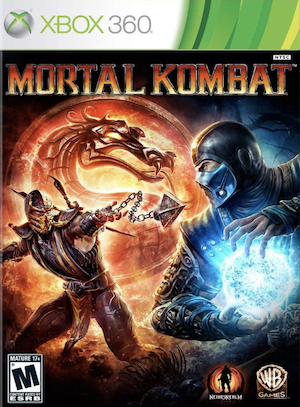




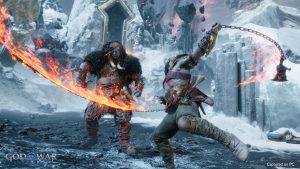
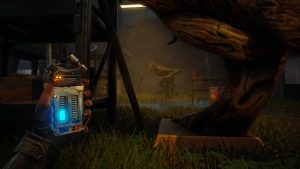
Share Your Thoughts Below (Always follow our comments policy!)